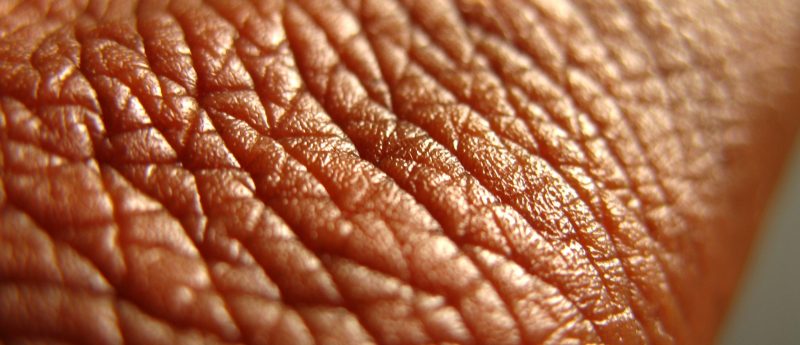Newly established Center for Engineering Complex Tissues will advance techniques for producing tissue

The National Institutes of Health has awarded US$6.25 million to the University of Maryland, Rice University and Wake Forest Institute for Regenerative Medicine.
A partnership lead by the University of Maryland (MD, USA) has been awarded US$6.25 million by the National Institutes of Health (MD, USA) to establish a Biomedical Technology Resource Center aimed at developing techniques for producing complex tissues and body parts. Rice University (TX, USA) and the Wake Forest Institute for Regenerative Medicine (WFIRM; NC, USA) will be key partners in running the Center for Engineering Complex Tissues (CECT).
“For years, tissue engineers have worked to improve quality of life for millions impacted by illness or trauma,” explained John P. Fisher, CECT director and chair of Maryland’s Fischell Department of Bioengineering. “By bringing together experts in bioengineering, biomaterials, and additive manufacturing, CECT will serve a critical role in fostering the kind of technological advancement that has the potential to transform how bones, tissue and organs are repaired or replaced.”
The CECT will serve a hub to transform current techniques for tissue engineering and 3D printing into new platforms for bringing regenerative medicine therapies to patients. It is hoped that 3D bioprinting could extricate current treatments from the mire of organ shortages for transplants and organ incompatibility.
“We are proud to be part of this collaborative effort to advance the field of 3D bioprinting,” Anthony Atala, Director of the WFIRM, commented. “We believe bioprinting represents one of the most promising strategies for increasing the number of patients who can benefit from replacement tissues and organs.”
Each of the key partners will head up a technical research and development project providing insight into three important biological systems; UMD will study stem cell culture, the WFIRM will look at fabrication of cellular constructs whilst Rice will focus on the construction of heterogeneous tissue scaffolds.
Source: https://umdrightnow.umd.edu/news/university-maryland-lead-nih-funded-center-engineering-complex-tissues